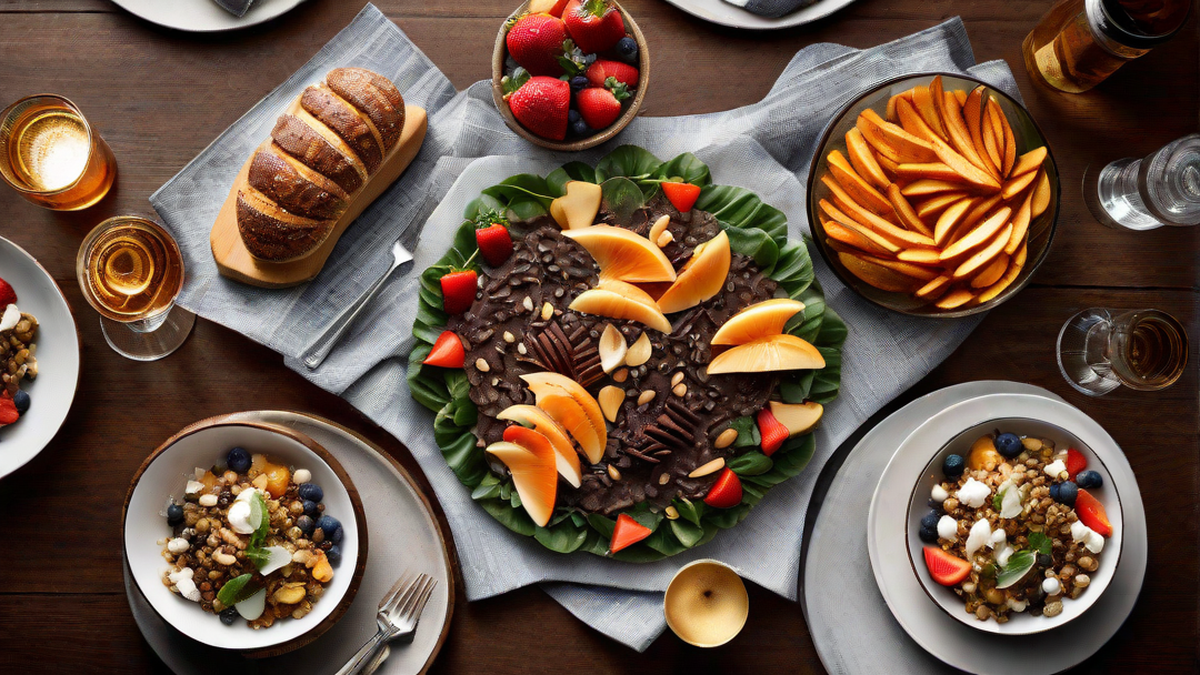As a runner and marathon enthusiast, I know how crucial nutrition is in the week leading up to a marathon. The food you eat during this time can greatly impact your performance on race day. It’s important to fuel your body with the right nutrients to ensure you have enough energy and stamina to conquer those 26.2 miles.
Hydrate, hydrate, hydrate!
First and foremost, hydration is key. It’s essential to drink plenty of water throughout the week leading up to the marathon. Aim for at least 8-10 glasses of water per day to stay properly hydrated. Avoid excessive caffeine and alcohol, as they can dehydrate your body.
During this week, I like to add some electrolyte-rich drinks to my routine to replenish any lost salts and minerals. Sports drinks, coconut water, and homemade electrolyte solutions can be a great addition to your hydration plan.
Carbohydrate loading
Carbohydrates are the primary fuel source for endurance activities like marathon running. The week before your race, focus on increasing your carbohydrate intake. This doesn’t mean loading up on pasta for every meal, but rather making smart choices to fuel your body efficiently.
I like to incorporate foods like whole grains, fruits, vegetables, and legumes into my meals. These provide a steady release of energy and essential nutrients. Foods like sweet potatoes, quinoa, brown rice, and oats are great sources of complex carbohydrates that will keep your energy levels stable.
Protein for muscle repair
While carbohydrates are essential, protein also plays a crucial role in muscle repair and recovery. During marathon training, our muscles undergo a lot of stress, so it’s important to support them with adequate protein intake.
I like to include lean sources of protein such as chicken, fish, tofu, eggs, and Greek yogurt in my meals. These foods help repair and rebuild muscle tissue, which is essential for a speedy recovery after a long run.
Fueling during the race
In addition to planning your meals for the week before the marathon, it’s important to consider your fueling strategy during the race itself. This will vary from person to person, so it’s important to experiment during training runs to see what works best for you.
I personally like to use a combination of energy gels and sports drinks during my marathons. These provide a quick source of carbohydrates and electrolytes to keep me fueled and hydrated throughout the race.
Don’t forget the fruits and veggies
While carbohydrates and protein are important, it’s also crucial to fuel your body with vitamins, minerals, and antioxidants found in fruits and vegetables. They provide essential nutrients that support overall health and aid in recovery.
I always make sure to include a variety of colorful fruits and vegetables in my meals leading up to a marathon. They not only provide important nutrients but also add flavor and freshness to my diet.
Listen to your body
Lastly, it’s important to listen to your body during this crucial week. Everyone is different, and what works for one person may not work for another. Pay attention to how different foods make you feel and adjust your nutrition plan accordingly.
Remember, the week leading up to a marathon is not the time to try out new foods or experiment with your diet. Stick to foods that you are familiar with and that have worked well for you during training.
Conclusion
Nutrition plays a vital role in the week leading up to a marathon. Hydration, carbohydrate loading, protein intake, and including fruits and vegetables are all key factors to consider. It’s important to find a nutrition plan that works best for you and supports your training efforts. Remember to listen to your body and make adjustments as needed. With the right fuel, you’ll be well-prepared to tackle those 26.2 miles and achieve your marathon goals.

